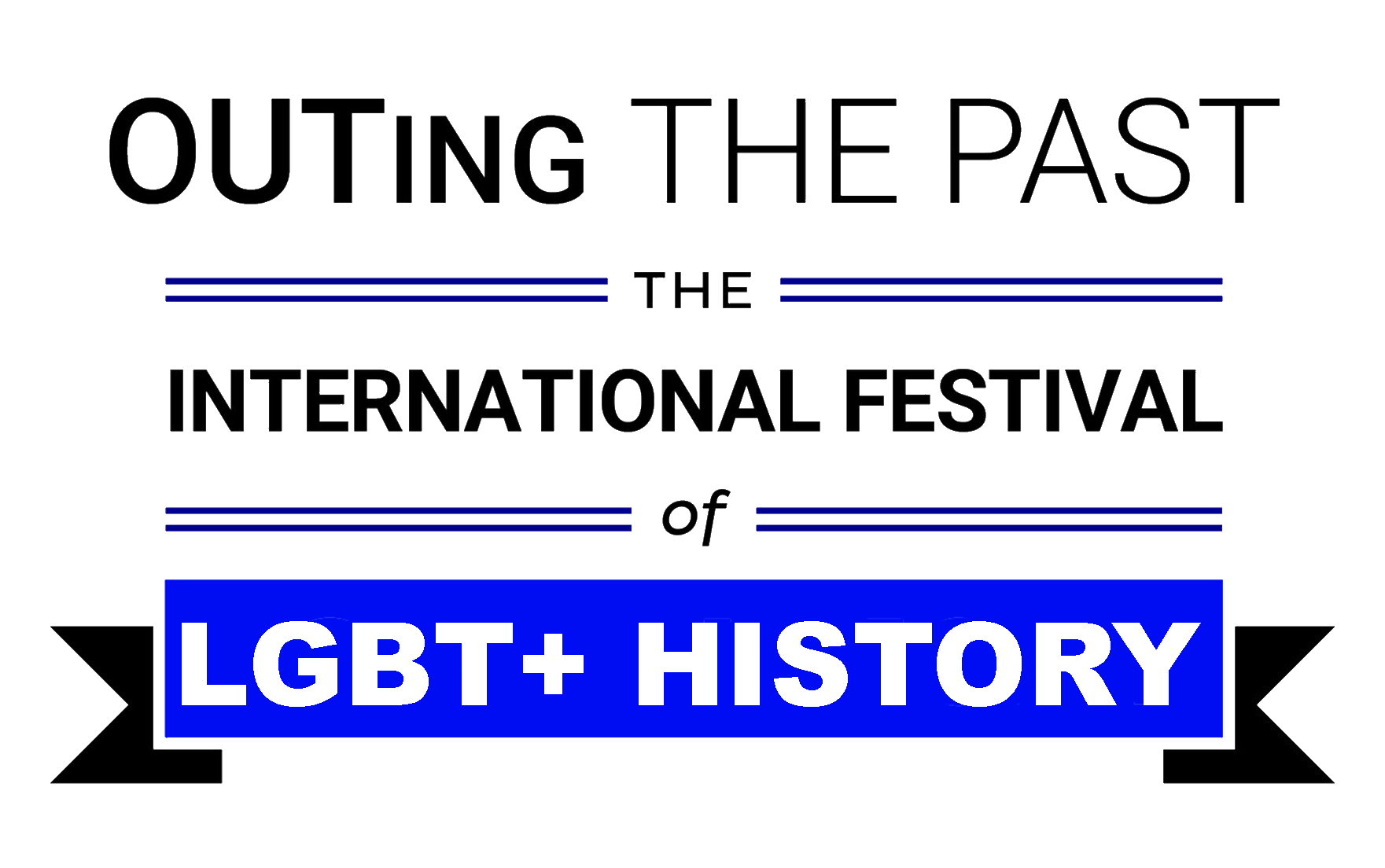Writing Festival Theatre: “A Very Victorian Scandal: The Trial”
Ric Brady looks back on writing “The Trial”, part of a trilogy of plays that formed the first programme of Festival Theatre in 2015.
DAN WALLACE AS AN IMPRISONED ERNEST PARKINSON/KITTY HEARTSTONE (PHOTO CREDIT DANIEL MEE)
‘The Trial’ was the final piece in ‘A Very Victorian Scandal’: three theatrical pieces that were performed over the first National Festival of LGBT History in 2015. ‘The Trial’ was a retelling of the Hulme Fancy Dress Ball of 1880, based upon the research of Jeff Evans.
The Hulme Ball Raid was the biggest police raid in British history. It ended in extraordinary scenes at the Manchester Police court, which were written about in newspapers across the world. Distilling this huge event into a thirty-minute retelling threw up some challenges that, as a writer, I had to face.
Following the research: When I began writing ‘The Trial’, I wanted to tell a story about the police’s abuse of power. The forty-seven men arrested at the Hulme Ball had not been charged with a crime. Yet, they faced large fines (two-thirds of the average annual salary) and had their reputations destroyed in the press.
GARETH GEORGE AS A CONSTABLE, JOEL PARRY AS GORTON, RYAN FRANCIS AS WHITEHEAD, JOE BATEMAN AS COORE AND DAN WALLACE AS PARKINSON (LEFT TO RIGHT) (PHOTO CREDIT NICHOLAS CHINARDET)
However, after researching everyone involved in the raid, the police, legal system and the forty-seven men, I came to realise that the truth wasn’t that clear cut. Everyone involved had their own motivations, and some of the police and prosecutors were doing what they believed in, no matter how abhorrent these beliefs were to a 21st century gay man.
This helped me to realise that, to dramatize past events, I had to follow the research to find the story, rather than pick research to match a pre-planned one. While the end piece still slanted towards empathy for the forty-seven men, it was more balanced than I had originally intended it to be.
Choosing Characters: The hardest aspect was to reduce forty-seven protagonists to a handful that could be focused on in thirty minutes. Thanks to Jeff Evans’ research, which included census records, I found four characters who I felt both a connection to and whose history could be traced. Unfortunately, Jeff’s research didn’t give me enough information to write detailed backstories for these characters. I felt uncomfortable allowing my imagination to create whatever it wanted. These were real people I was writing about. Instead, I allowed other research about the period to inspire my imagination.
DAN JARVIS AND GARETH GEORGE AS CONSTABLES, DAN WALLACE AS PARKINSON (LEFT TO RIGHT) (PHOTO CREDIT: NICOLAS CHINARDET)
Making it relevant: As fascinating as I found the newspaper accounts from 1880, I had to face the fact that a modern day audience might not find them as interesting. I wanted the audience to be moved by the piece, and to do this, I tried to make the protagonists as authentic as possible. Each had their own backstories, each had something at stake. The four characters were used throughout the three pieces, with Parkinson, and his alter-ego Kitty, being a strong presence in all three.
Production changes: Things can change once production starts. The venue that we had originally wanted to use for ‘The Trial’ became unavailable during the writing process. I changed some of the immersive theatre elements to fit the new locale. After seeing the first draft, the cast and director weren’t keen on the immersive theatre elements, because they felt they wouldn’t fit within the new venue. I accepted their feedback, and in the final draft, the immersive elements were reduced.
The positive audience feedback made me feel that I had succeeded in facing these challenges. I managed to streamline the legal proceedings so that the audience could follow them, while remaining faithful to the events. I also managed to highlight the fear and despair that the men would have felt by telling an engaging story.
I think having more stage-time, plus the ability to perform scenes in different settings, would have made my life as a writer easier. Nonetheless, it was a joy and a privilege to tell this story, and to be a part of “A Very Victorian Scandal”.
THE POSTER FOR AVVS: THE TRIAL FEATURING DAN WALLACE (PHOTO CREDIT: DANIEL MEE)




